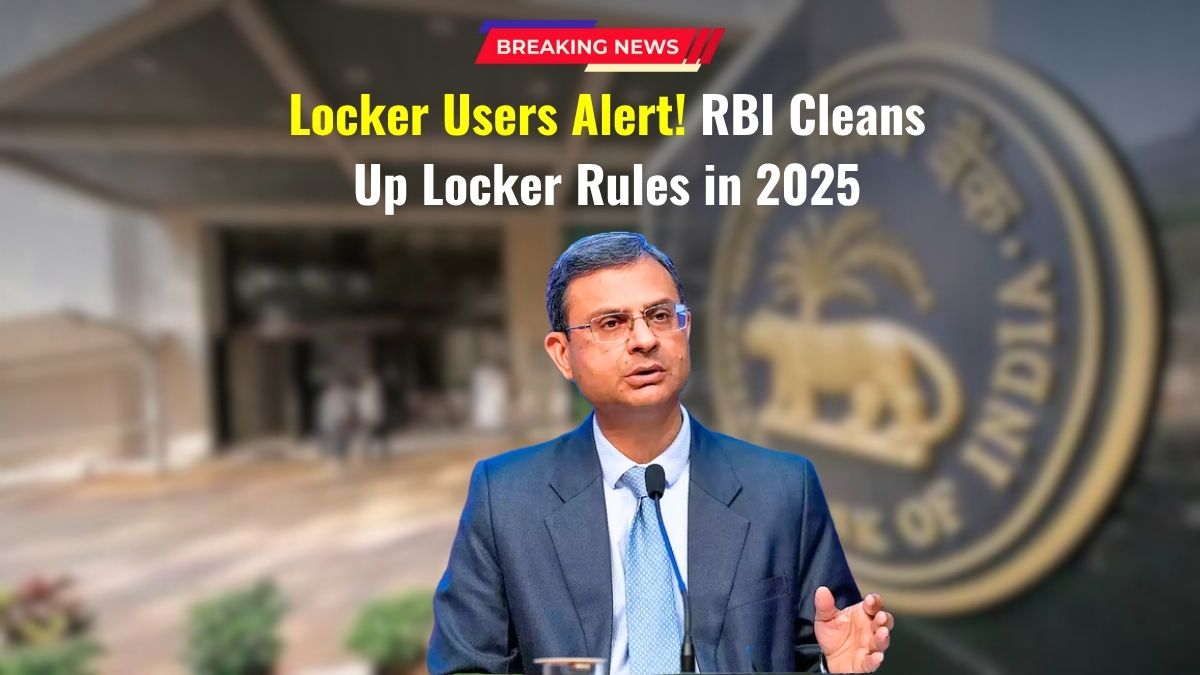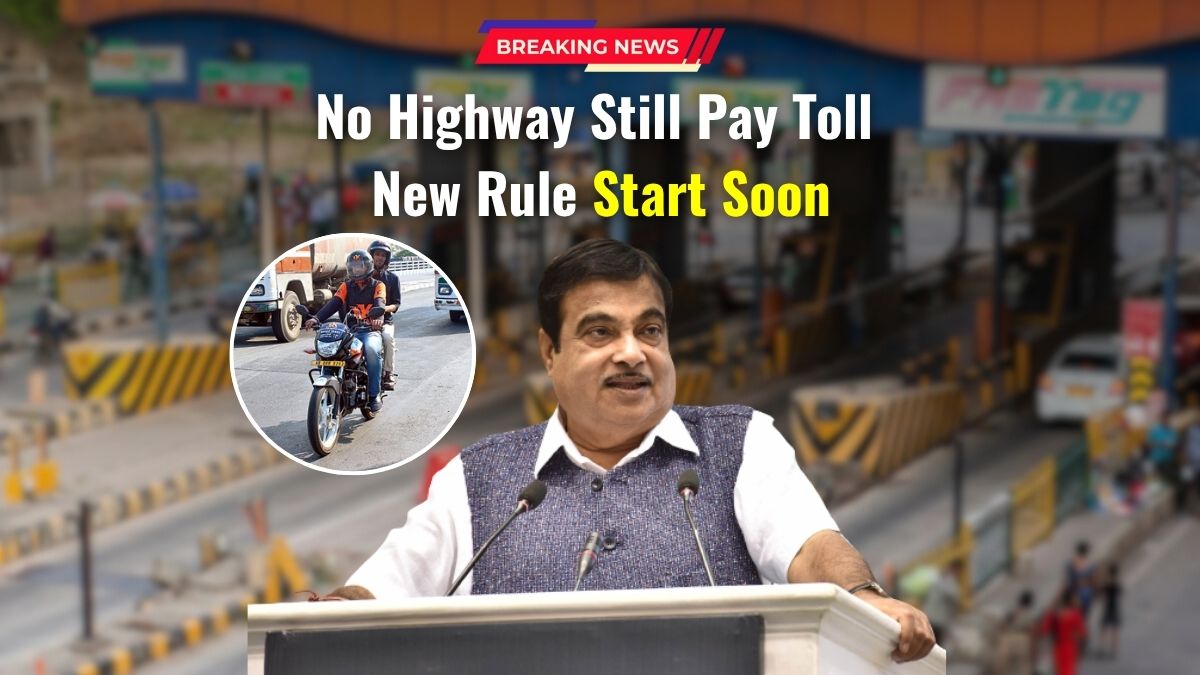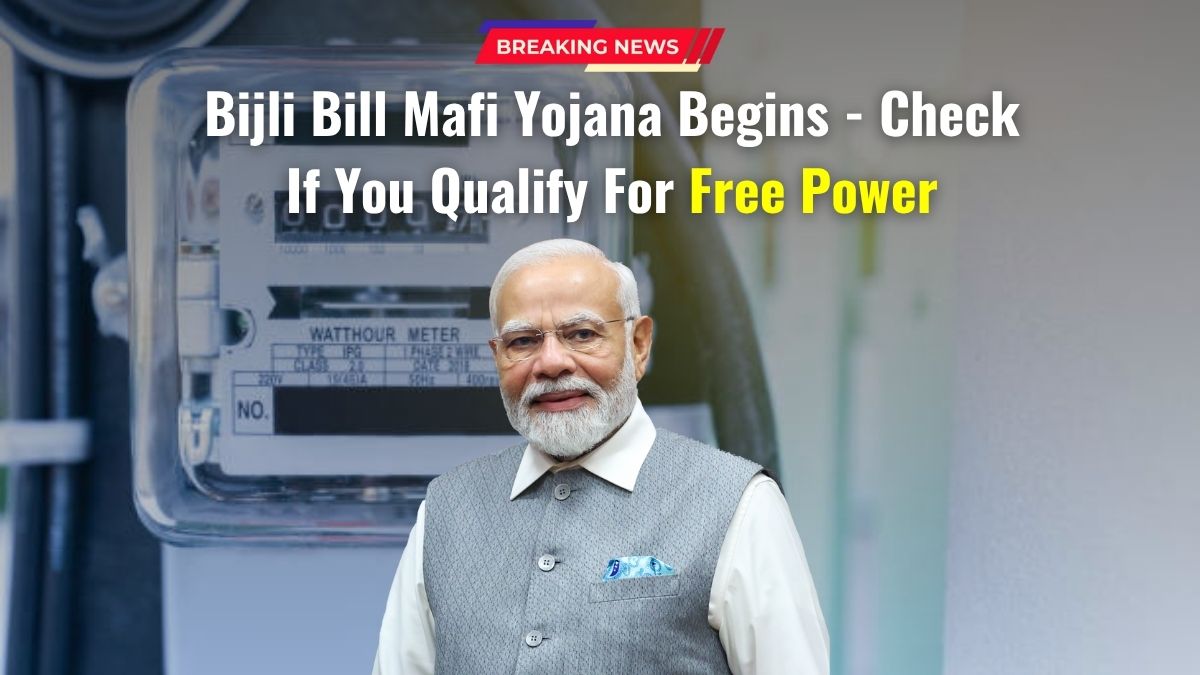Locker Users Alert : In a major move towards better security and transparency, banks across India have rolled out new rules for locker operations in 2025. With the Reserve Bank of India (RBI) leading the initiative, these changes are aimed at protecting locker users, ensuring fairness, and introducing digital innovations to modernize the locker system.
Whether you’re already using a locker or thinking of renting one, these updates will affect you. Here’s everything you need to know.
Smart Lockers for Stronger Security
One of the most significant updates is the introduction of smart lockers. These lockers are now equipped with biometric authentication and digital access records. To access a locker, both the bank official and the customer must verify their identities, making it safer from unauthorized use.
Banks must now also install CCTV surveillance and enable real-time monitoring of locker rooms. If any suspicious activity occurs, there will be a digital trail available for customer reference upon request. This step is designed to provide both peace of mind and accountability.
Transparent Locker Agreement
Another big change is the standardized locker agreement. Banks are now required to give a uniform agreement to all locker holders, which clearly states the rights and responsibilities of both parties.
If a customer’s valuables are lost due to the bank’s negligence—like fire, theft, or structural failure—the bank must now compensate up to 100 times the annual locker rent. This is a significant protection for customers, making banks more accountable than ever before.
Fair Locker Allotment and Surrender Process
Banks are now obligated to follow a transparent waiting list system for new locker allotments. This means they must maintain a public register of people waiting for lockers, ensuring no favoritism or unfair denial.
Locker holders must access their lockers at least once every three years. If not, the bank has the right to terminate the locker agreement, but only after giving a proper notice. Similarly, if a locker is being broken open due to non-payment or long inactivity, the bank must send a 30-day advance notice.
When surrendering a locker, customers are entitled to proper documentation, and if applicable, banks must refund part of the rent. This ensures fair treatment at every stage of the locker lifecycle.
Revised Charges and Alerts
A major customer-friendly change is related to locker charges. Banks can no longer ask for fixed deposits worth more than three years’ locker rent as a condition for allotment.
Locker rent and any additional charges must be shared with the customer clearly. Moreover, banks must send SMS or email alerts every time a locker is accessed or when rent is due. This ensures better communication and avoids confusion or disputes later.
Final Thoughts
With these new rules, RBI aims to create a safer, fairer, and more modern locker system for customers across India. Whether it’s about using digital logs for security or providing clear agreements and policies, these changes are all about building trust and offering better service.













